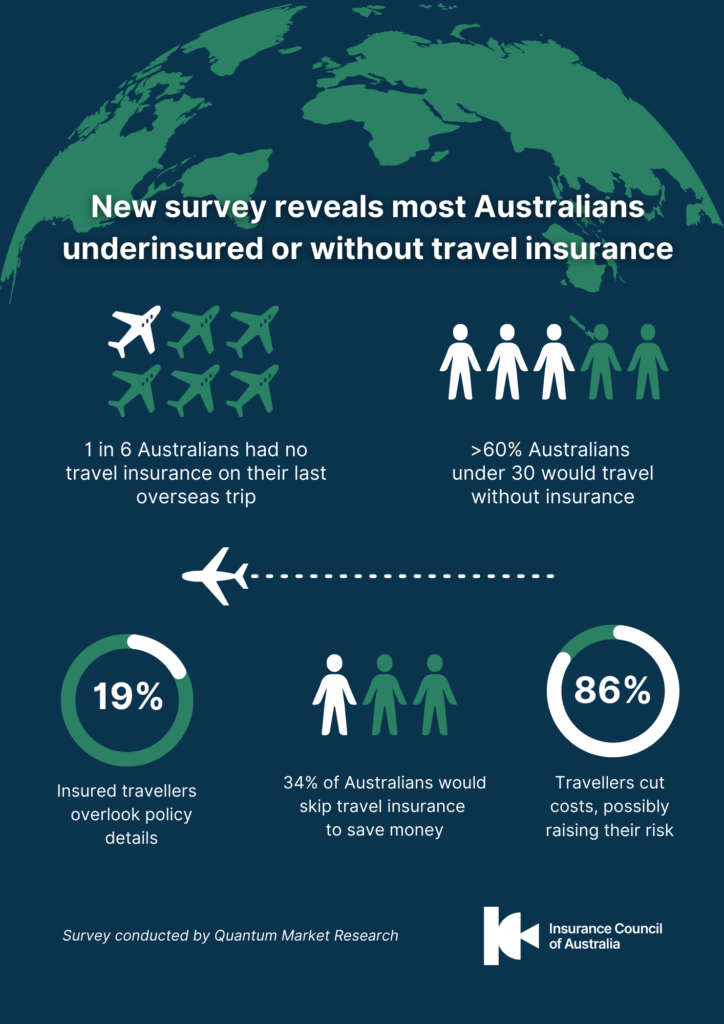Home Types of insurance Page 2
Short-term rental insurance: essential for holiday homeowners

News release
Saturday, 9 November 2023
The Insurance Council of Australia (ICA) is today urging homeowners planning on renting out their properties over the summer holidays to ensure they have the right insurance in place.
Standard home and contents insurance can exclude coverage for short-term rentals and often separate holiday rental insurance is required.
Holiday rental insurance is specifically designed for properties that are rented out for a short amount of time, such as holiday homes or homes being rented temporarily on Airbnb or other home stay platforms.
This type of insurance can protect homeowners from financial losses if something goes wrong, such as accidental damage to property, theft of belongings, or liability claims from guests.
When choosing a holiday rental insurance policy, the Insurance Council encourages homeowners to read the policy carefully to understand what is and isn’t included.
Here are some tips for homeowners who are planning to rent out their properties for the holidays:
- Check their building and contents insurance policy details prior to advertising on short-stay holiday rental platforms. If the policy doesn’t cover short-term rental look for a specialty policy that protects both home and contents while paying guests are staying.
- Be aware that rental platform’s host protection insurance may not cover all the potential damages you expect.
- Reduce the risk of theft by removing valuables during the short-term stay.
- Check strata rules, tenancy agreements, and local council laws because these may prohibit short-stay holiday rental.
Comment attributable to Andrew Hall, CEO Insurance Council of Australia:
Embracing short-term rental opportunities can be worthwhile for homeowners, but proper preparation and insurance coverage are essential to mitigate potential risks.
Before welcoming visitors to stay in your home, talk to your insurer about what is and isn’t covered, and consider specialised coverage for peace of mind.





